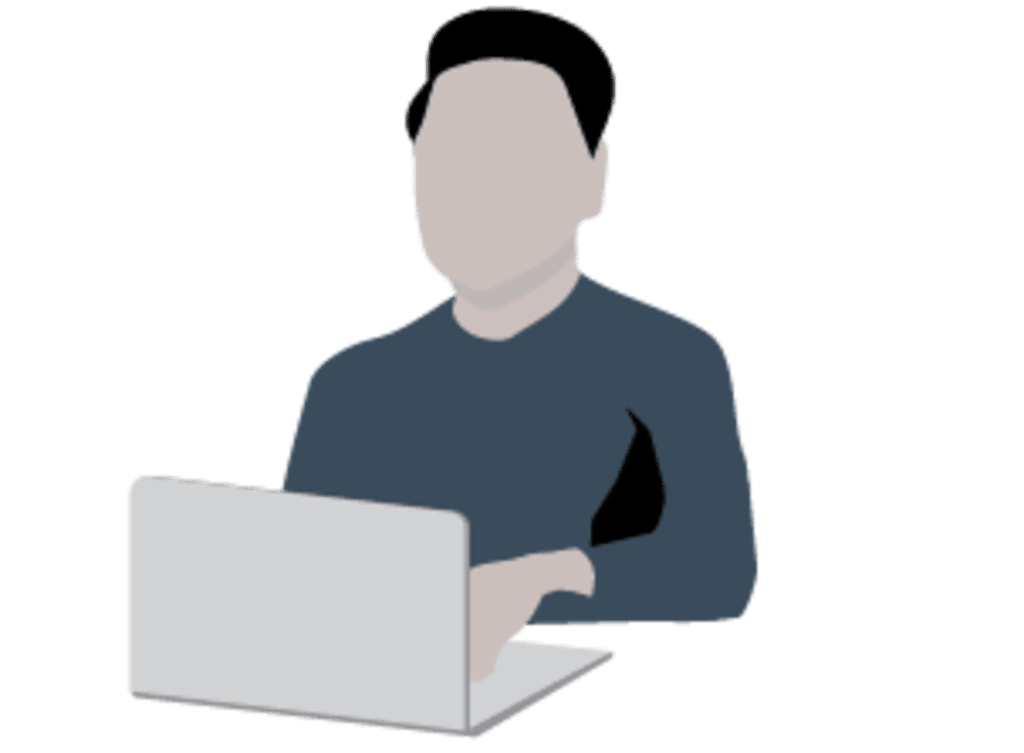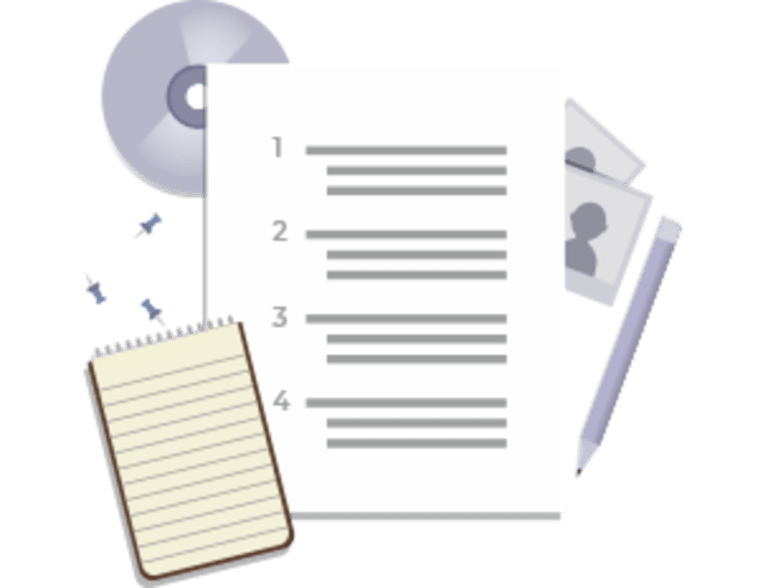In the summer of 2016, I moved back to the United States after nearly twenty years of practicing law around the world. I expected a boring life of work, family time, and stargazing on a clear night. For a couple decades I had lived in some of the world’s largest cities and worked for some of the world’s largest law firms, banks, and energy companies. After all of that, how exciting could small-town America and small-scale solo practice be? Would I be able to adapt to the monotony?
Spoiler Alert: It hasn’t been a problem.
How has the COVID-19 pandemic affected my work as a freelance lawyer?
In terms of the technical requirements for my practice, not at all. For most of the last decade, I have been practicing out of a home office with a low overhead in order to offer my clients BigLaw experience at a competitive rate. I have met fewer than half of my clients in person, even once, during that time. Most of my work since before I returned to the United States after two decades abroad has been done over the phone and through email. If I need to see clients face to face, any of half a dozen free or low-cost videoconferencing platforms has served the purpose. My equipment has remained the same since I got out of law school: laptop, printer, stationery, phone, online access for connectivity and research, and access to a coffee machine. (That last has been more important in the last few weeks now that my satellite office at Starbucks is closed for the duration.) For someone who already practices an eremitic professional lifestyle, quarantines and stay-at-home orders have not required any real adaptation.
But in terms of workflow and marketing, it has forced a number of changes. The first is that a number of my regular M&A clients, most of whom are in technology startups, have been on hold (especially if they are based in Europe or Asia, where the investment markets have been disrupted since February). Funding at all levels from angel to exit has been frozen as investors hoard cash while waiting for predictability; this is likely to extend at least through the summer to the end of the year as liquidity becomes more precious to those who have it than to those who need it. In response, I have needed to seek out transactional work in industries that are resilient to economic upheaval. As I do not have the time or resources for broad marketing beyond existing clients, LawClerk has fit this need well. My assigning attorneys have clients in traditionally recession proof industries such as brewing, health care, gaming, and licensed contracting. If the demand continues to grow at the rate that it has since the beginning of the year, I should be self-sufficient by the summer.
A second change is that I have had to break out some of my secondary skill sets: immigration, bankruptcy, real estate, due diligence, document review, litigation. In a way, I was fortunate professionally never to become so successful at one specialty that I could afford to refer everything else out per the law firm workflow model. Working in-house and later on my own, I was forced to think laterally for clients and think in cross-disciplinary terms. But the virus has forced me to keep all these tool kits on the desk: drafting memoranda, writing motions, case research. Some of these I have not done on a regular basis since law school, but I’m pleasantly surprised how quickly it came back. And how fun it sometimes can be. (More on that in my next blog post.)
A third change is that I have become reacquainted with the real reason I decided over 30 years ago to become a lawyer: to be useful. In times of crisis we are all called to make sacrifices, but we are also all called to find ways to be of service to those who need us most. I do not have the skills to save a life, but I have the skills to give my clients the words and time. After over a quarter century, I have the experience to give the right words to people who sometimes do not have their own voice, and to give other lawyers the time to concentrate on their families, their practices, and their own health.


















